The modern reliance on air conditioning has brought undeniable comfort to our daily lives, particularly during sweltering summers or in humid climates. However, this artificial climate control comes with an often-overlooked side effect: parched, chapped lips. Unlike the rest of our skin, lips lack oil glands, making them exceptionally vulnerable to moisture loss. The constant blast of dry, recirculated air in air-conditioned environments exacerbates this vulnerability, leaving many people grappling with persistent dryness, flaking, and even painful cracking. Understanding how to care for lips in these conditions isn’t just about aesthetics—it’s a matter of comfort and health.
Air conditioning works by removing humidity from the air, creating an environment that saps moisture from exposed skin. While we might slather our bodies with lotion, the lips are frequently neglected until they’ve already reached a state of distress. The thinness of the lip skin means it loses water at a faster rate than other areas, and without proactive care, the result is often a cycle of dehydration and irritation. Compounding the problem, many people unconsciously lick their lips when they feel dry, a habit that provides momentary relief but ultimately worsens the situation as saliva evaporates, taking even more moisture with it.
The first step in combating air-conditioned lip woes is recognizing the signs of dehydration before they escalate. Tightness, slight roughness, or a dull appearance are early indicators that your lips are losing moisture. Left unaddressed, these can progress to pronounced flaking, redness, and cracks that may bleed. For those who wear lipstick, these changes can be particularly frustrating, as products that once glided on smoothly may now cling to dry patches or emphasize uneven texture. The key is to intervene early with a targeted routine that prioritizes hydration and protection.
Not all lip balms are created equal when it comes to addressing air-conditioning-induced dryness. Many drugstore varieties rely on waxy bases that create a superficial seal without delivering lasting hydration. In contrast, formulas enriched with humectants like hyaluronic acid or glycerin actively attract moisture to the lips, while emollients such as shea butter or squalane work to soften and smooth the surface. For severely parched lips, occlusive ingredients like lanolin or beeswax provide a protective barrier that locks in moisture and shields against further dehydration from the dry air. The ideal product combines these elements, offering both immediate relief and long-term repair.
Timing matters just as much as product selection when caring for lips in air-conditioned spaces. Applying lip balm should become as habitual as drinking water throughout the day—not just when discomfort arises. A good practice is to keep hydrating products in places where air conditioning is strongest: at the office workstation, in the car console, and on the bedside table. Nighttime presents a particularly valuable opportunity for intensive treatment, as lips can absorb nourishing ingredients without the interference of talking, eating, or environmental exposures. A thick layer of a reparative balm before bed can work wonders while you sleep.
Beyond topical products, internal hydration plays a crucial role in maintaining lip health. The human body prioritizes vital organs when distributing water, meaning lips are among the first areas to show signs when you’re not drinking enough fluids. In air-conditioned environments where moisture is continually being drawn from your skin, increasing water intake becomes non-negotiable. Herbal teas and water-rich fruits can supplement plain water, providing both hydration and valuable vitamins that support skin health from within. It’s worth noting that caffeine and alcohol have diuretic effects that can counteract these efforts, so moderation is key when these beverages are part of your routine.
The air around you demands as much attention as the products you apply. While you may not control the thermostat in shared spaces, simple adjustments can mitigate its drying effects. Positioning yourself away from direct airflow prevents constant assault on your lips, and using a small desktop humidifier reintroduces moisture to your immediate environment. For those who spend long hours in climate-controlled rooms, carrying a personal mister with a fine spray offers quick refreshment for both face and lips. These environmental strategies work synergistically with your lip care regimen, creating a comprehensive defense against dehydration.
Exfoliation deserves careful consideration in any lip care discussion. While removing dead skin cells can promote smoother texture and better product absorption, overzealous scrubbing can damage the delicate lip tissue—especially when it’s already compromised by dry air. Gentle enzymatic treatments or soft brushing with a clean toothbrush are preferable to harsh granular scrubs. Most importantly, exfoliation should always be followed by immediate hydration to protect the newly revealed skin. In air-conditioned settings, this two-step process is best performed in the evening, allowing ample time for recovery before facing another day of dry air exposure.
For those who experience persistent lip issues despite diligent care, underlying factors may be at play. Certain medications, vitamin deficiencies (particularly B vitamins and iron), and even breathing patterns can contribute to chronic dryness. Mouth breathing during sleep, common in air-conditioned bedrooms, accelerates moisture evaporation from the lips. In such cases, addressing the root cause—whether through dietary adjustments, nasal strips to encourage nighttime nose breathing, or consultation with a dermatologist—may be necessary to break the cycle of irritation. Recognizing when home care isn’t enough is just as important as knowing which products to use.
Lip care in air-conditioned environments ultimately requires a shift from reactive to proactive thinking. Waiting until lips feel tight or look flaky means you’ve already fallen behind in the battle against moisture loss. By establishing consistent hydration habits, choosing products with scientifically backed ingredients, and modifying your surroundings when possible, you can maintain soft, comfortable lips regardless of how often you rely on climate control. The solution isn’t found in any single miracle product but in understanding how artificial environments affect your body and responding with informed, multifaceted care.

By /Aug 6, 2025
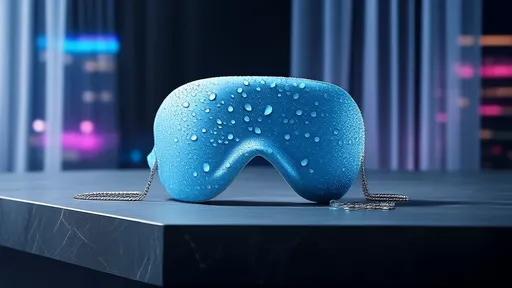
By /Aug 6, 2025

By /Aug 6, 2025

By /Aug 6, 2025

By /Aug 6, 2025

By /Aug 6, 2025
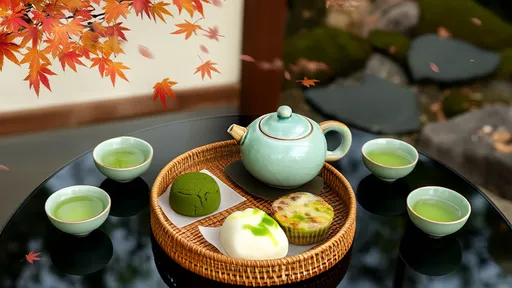
By /Aug 6, 2025

By /Aug 6, 2025

By /Aug 6, 2025

By /Aug 6, 2025

By /Aug 6, 2025
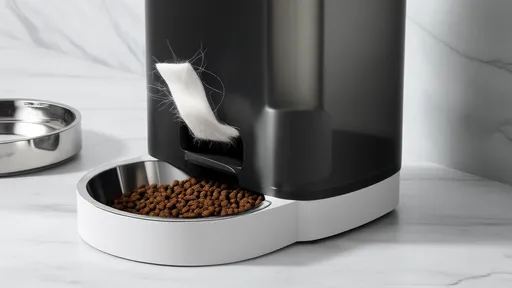
By /Aug 6, 2025
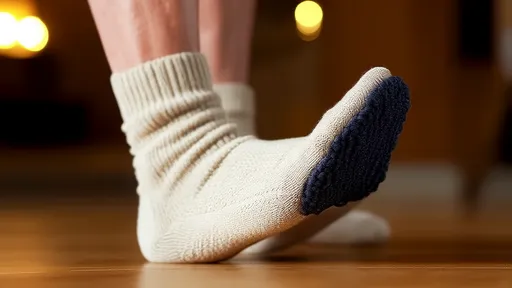
By /Aug 6, 2025

By /Aug 6, 2025
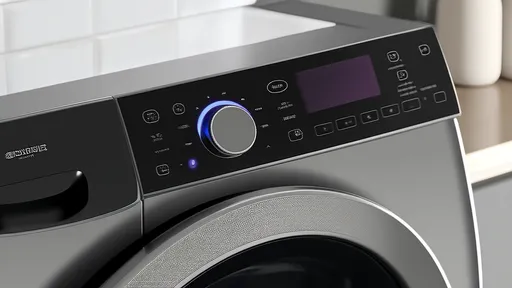
By /Aug 6, 2025

By /Aug 6, 2025
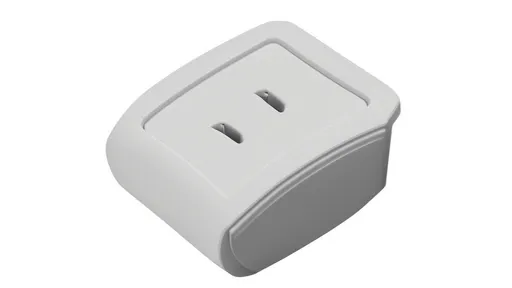
By /Aug 6, 2025

By /Aug 6, 2025

By /Aug 6, 2025

By /Aug 6, 2025